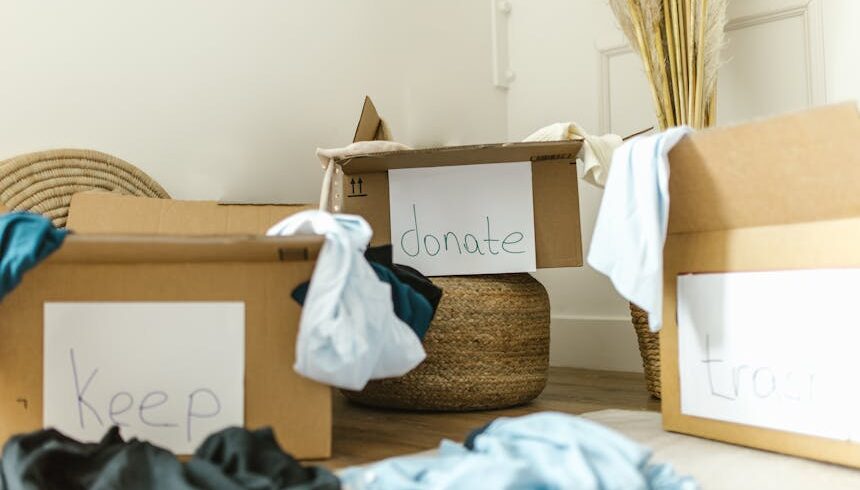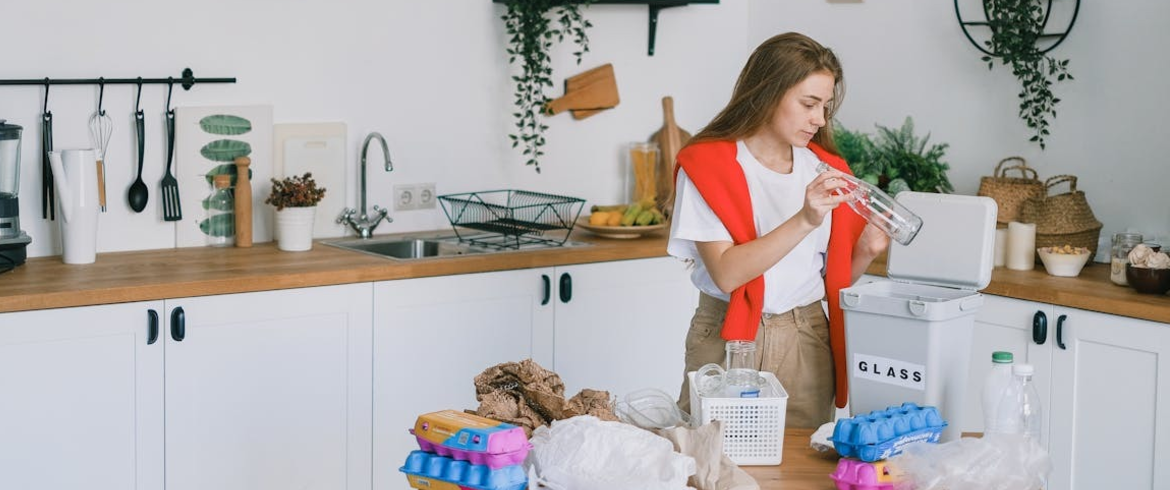Self-storage can be a practical solution for managing your belongings during transitions such as moving, downsizing, or simply decluttering your home to transform it. However, However, focusing on using self-storage responsibly is essential to minimize your environmental impact. That involves adopting sustainable practices that benefit the planet and enhance organizational efforts.
Top 8 Green Tips for Using Self-Storage Responsibly
Incorporating green habits into your self-storage strategy can make a significant difference. From selecting eco-friendly facilities to using sustainable packing materials, these strategies will help you store your belongings while aligning with environmentally conscious values. Here are the top 8 effective tips to consider.
Choose Eco-Friendly Storage Facilities
When searching for a self-storage facility, prioritize those that emphasize sustainability. Selecting eco-friendly storage options benefits the environment and supports businesses committed to responsible practices. Look for facilities that utilize energy-efficient lighting, harness solar energy, and have waste management programs. Such choices reflect your commitment to protecting the planet while storing your belongings.
Declutter Before You Store
Taking the time to declutter before packing items into storage can significantly reduce the amount you need to store and promote a more organized lifestyle. When embracing sustainable bedroom decor, you can create a space that reflects your values while eliminating unnecessary items. Here are some effective decluttering strategies:
- Evaluate your belongings: Decide which items you need and which can be donated or discarded.
- One-year rule: If you haven’t used an item in the last year, consider letting it go.
- Sort by category: Create distinct piles for keeping, donating, selling, and discarding.
Minimizing what you store lightens your load and simplifies using self-storage responsibly.
Opt for Sustainable Packing Materials
When preparing to pack your items, choose eco-friendly packing materials. Sustainable options can protect your belongings while minimizing environmental impact. Consider these materials:
- Recycled boxes: Use boxes made from recycled content, which are just as sturdy as new ones.
- Biodegradable packing peanuts: These can be composted after use, reducing waste.
- Reusable containers: Instead of single-use boxes, consider using durable plastic bins that can be used again.
Selecting sustainable packing materials ensures your items are secure while being kind to the environment.
Organize Smartly for Efficiency
A well-organized storage space simplifies access to your belongings and enhances efficiency. Use shelves to stack boxes and items, saving floor space. Clearly label everything to quickly find what you need, and keep an updated inventory list of items stored to avoid unnecessary trips. Effective organization saves time and contributes to using self-storage responsibly by reducing the frequency of visits to your unit.
Limit Your Visits to Save Resources
Limiting visits to your storage unit can significantly reduce your carbon footprint. Each trip contributes to fuel consumption, so consider combining visits with other errands and scheduling checks less frequently. Being strategic about your visits saves time and reduces unnecessary energy use.
Donate and Recycle Items
As you prepare items for storage, always consider the possibility of donating or recycling. Many items you plan to store can benefit others or be disposed of responsibly. Common items for donation or recycling include:
- Clothing: Many organizations will gladly accept gently used clothes.
- Electronics: Look for e-waste recycling programs for old electronics.
- Furniture: Local charities may pick up donations of furniture.
Making an effort to donate or recycle helps others and reduces landfill waste, embodying the principles of using self-storage responsibly.

Be Mindful of Climate Control
Consider climate-controlled storage if you’re storing items that require temperature or humidity regulation. While this option may consume more energy, it protects your belongings from damage. To mitigate environmental impact, look for facilities that utilize efficient heating and cooling systems and seal items properly to protect them from moisture. Making mindful choices about climate control helps maintain the quality of your items while considering the environment.
Regularly Evaluate Your Storage Needs
It’s important to assess your storage requirements periodically. Life changes, and so can your needs. Review your stored items regularly. If you haven’t accessed certain items in a long time, consider whether you still need them. If you have less to store, use a smaller unit to reduce energy consumption. Being proactive about your storage can lead to a more organized space that contributes to an environmentally friendly apartment and supports using self-storage responsibly.
Final Words
Using self-storage responsibly helps you manage your belongings and positively impacts the environment. Choosing eco-friendly facilities, decluttering, selecting sustainable packing materials, and smartly organizing are essential steps in this process. Regularly evaluating your storage needs contributes to a more sustainable lifestyle.
Cover image: photo via pexels

Author’s Bio: Jessica Green is a sustainability advocate and content writer at NYC Mini Storage, a company offering secure and convenient storage solutions for personal and business use. With her extensive knowledge of eco-friendly practices, she focuses on providing practical tips for responsible living. Jessica believes in making sustainable choices accessible to everyone, whether through storage solutions or everyday habits.
